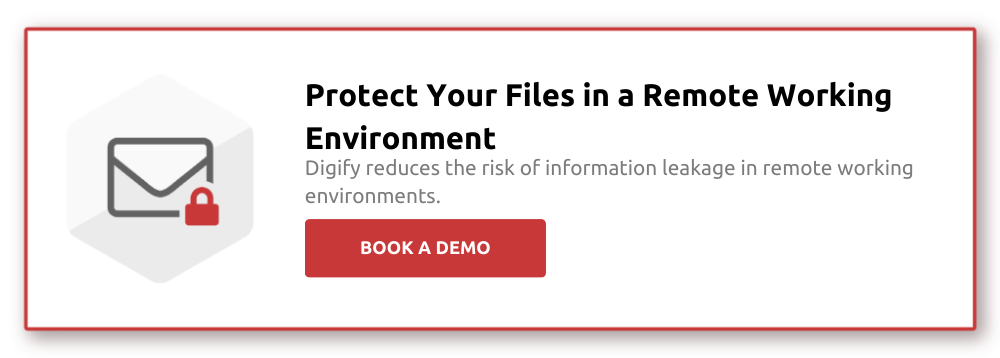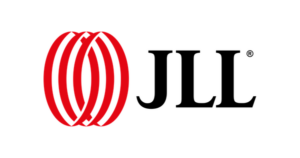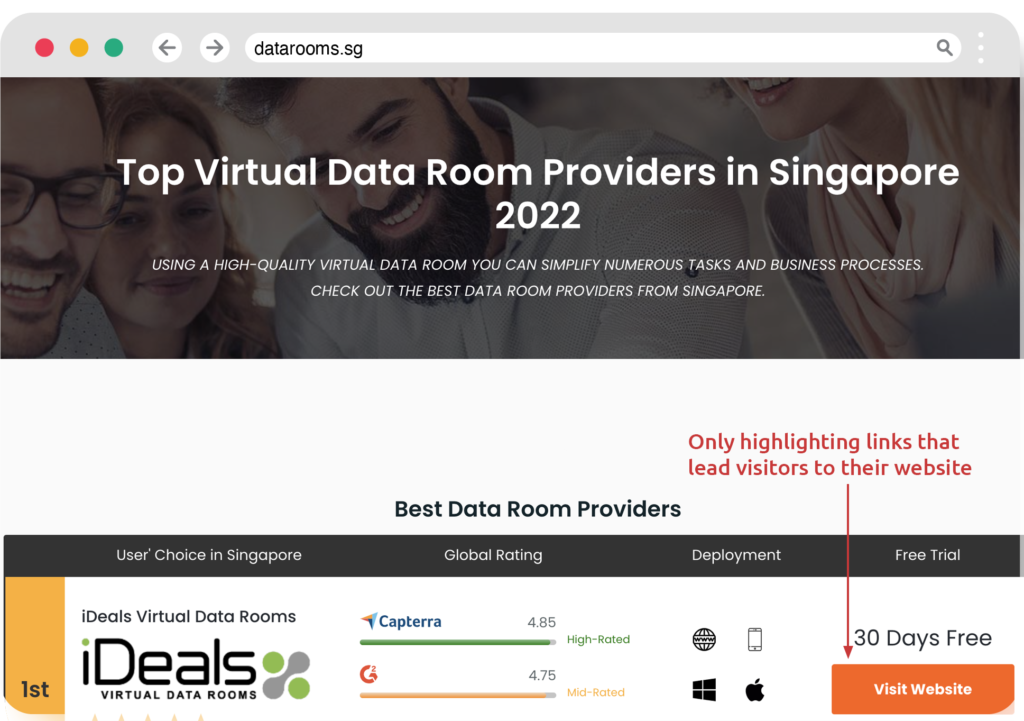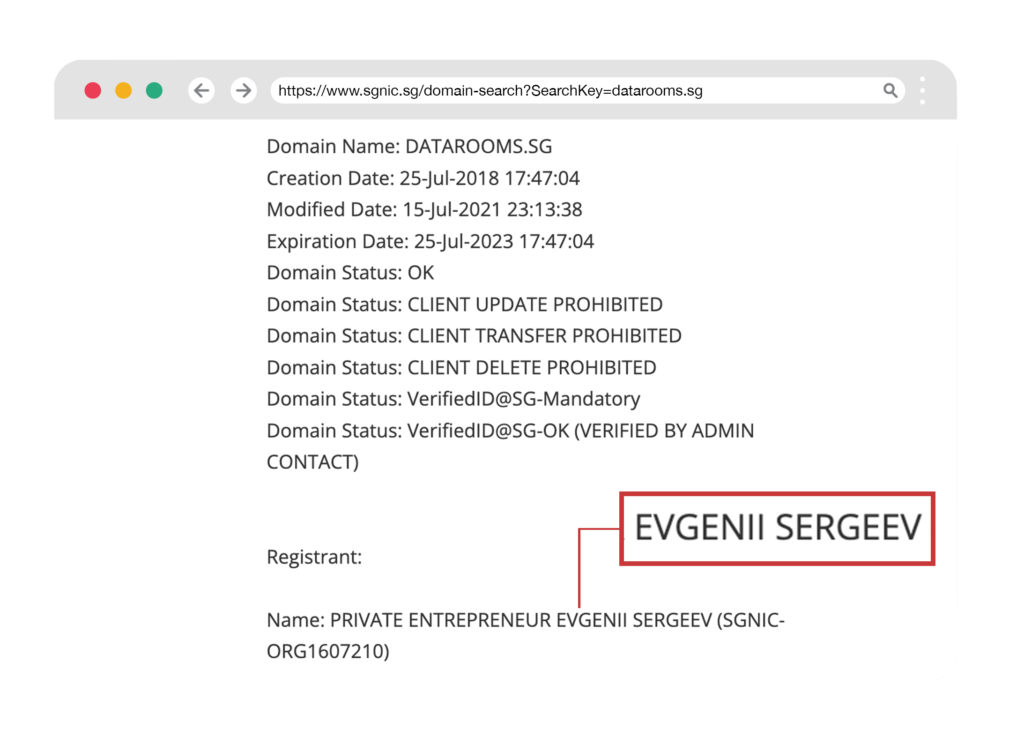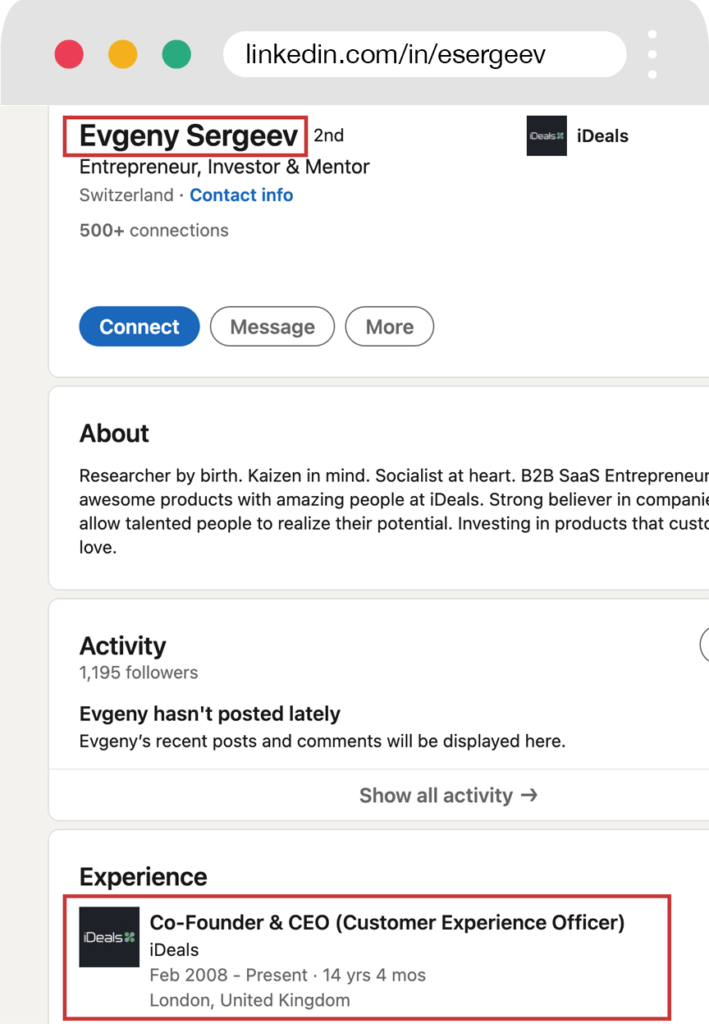The need to protect confidential documents has recently become more important as companies trend towards remote working. In a short time, the COVID-19 outbreak has disrupted the way companies conduct their business operations. Working in the office using the company’s secure computers and networks might not be an option anymore. Even after pandemic, many companies are looking to continue working from home, or at least giving people an opportunity to do so.
Need to secure confidential information
When working from home or other locations outside of the office, it is a problem to secure confidential information to make sure that only the right people have access, and leakage is minimized.
Failing to safeguard confidential documents adequately could lead to issues such as leakage of intellectual property, compliance issues or reputational risks.
To help you mitigate the security concerns, here are five ways that you can consider to protect confidential documents while working remotely:
1. Implement a company-wide policy on document security
If you don’t already have it, create a clear policy on confidential documents sending for your employees that include the dos and don’ts when handling sensitive information, when working remotely. Specify the security measures that need to be followed, such as only storing and sending documents using an encrypted cloud storage or monitor activities on sensitive documents.
When followed, these measures will help your team to have an efficient workflow and keep confidential documents secure while working from home.
2. Refrain from using public or unsecure wifi
When working remotely, it is difficult to know where employees will be working. They could be in a coffee shop, or using unencrypted networks at home. When you use an unsecure network, other third-party observers can monitor your traffic.
To mitigate unsecured network concerns, you can mandate the use of a VPN that effectively masks your online identity and encrypts your online connection. Another option is to use a personal hotspot from a dedicated device or your phone, if using a VPN is not possible. While traffic is not encrypted between the hotspot and its destination, it reduces the chances of hackers listening in on the traffic by people on the same public Wi-Fi.
3. Review the company’s password policy
Reports have shown that in the first quarter of 2020 alone, 67% percent of data breaches resulted from stolen or weak passwords, human error, and social attacks. It’s possible that the chances of credential theft and human error are higher when working remotely, especially if you’re using an unsecured network connection and a non-corporate computer to do your work.
Revising the company’s password policy can minimize chances of data breach due to weak credentials. The policy should include protocols to update passwords regularly and add multi-factor authentication to your cloud storage solution. It would help if you enforce your employees to not use the same passwords on multiple accounts, or to use a password manager instead.
4. Use a rights management tool
Whether they’re due diligence documents or employees records, it’s recommended to limit the access of confidential information to specific persons only. You can keep access to confidential documents within the management team because not everyone in your organization needs access, particularly if you work with freelance contractors or third-party agencies.
By using a rights management tool, you can minimize the risk of content leakage that could be harmful to your business. Typically rights management tools will allow the control of access, printing and download. More advanced tools may have watermarking and screenshot protection.
5. Track and know what happens with your documents
Tracking activities of your confidential documents can provide you with valuable insights on how they are being accessed. You can take advantage of the robust analytics and activity logs to track activities and perform forensics on who has accessed it and when. You’ll be able to notice any suspicious activity such as unauthorized access or distribution on your confidential documents.
Control your documents today
Adapting to the new way of working requires you to identify the proper workflows in business operations, including how to maintain document security. Knowing the best practices on protecting confidential documents can minimize the chances of a detrimental data breach. Have clear protocols on storing and sending confidential documents while working remotely within your company.
Digify helps you keep control of your documents after sending. It has comprehensive rights management, watermarking, tracking and protection features for files, videos and emails. If you’re interested in seeing how Digify can help increase your document security while working remotely, learn more or try it out by starting your 7-day free trial.
